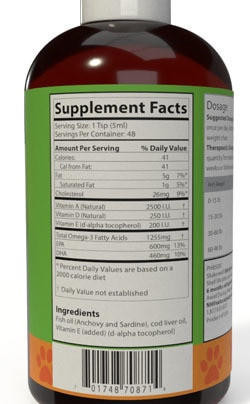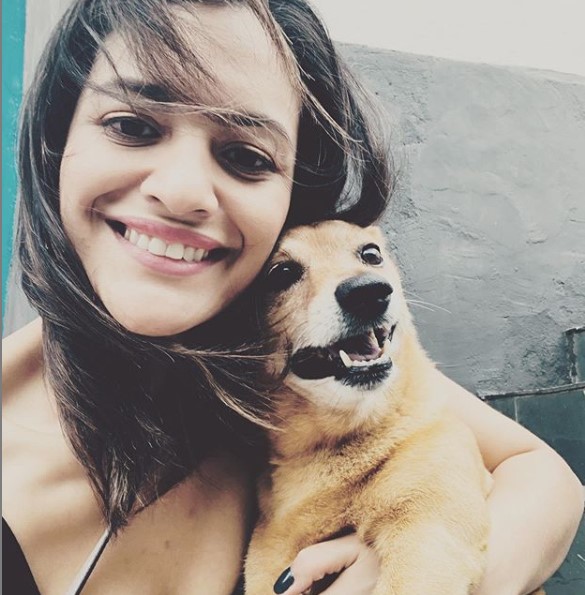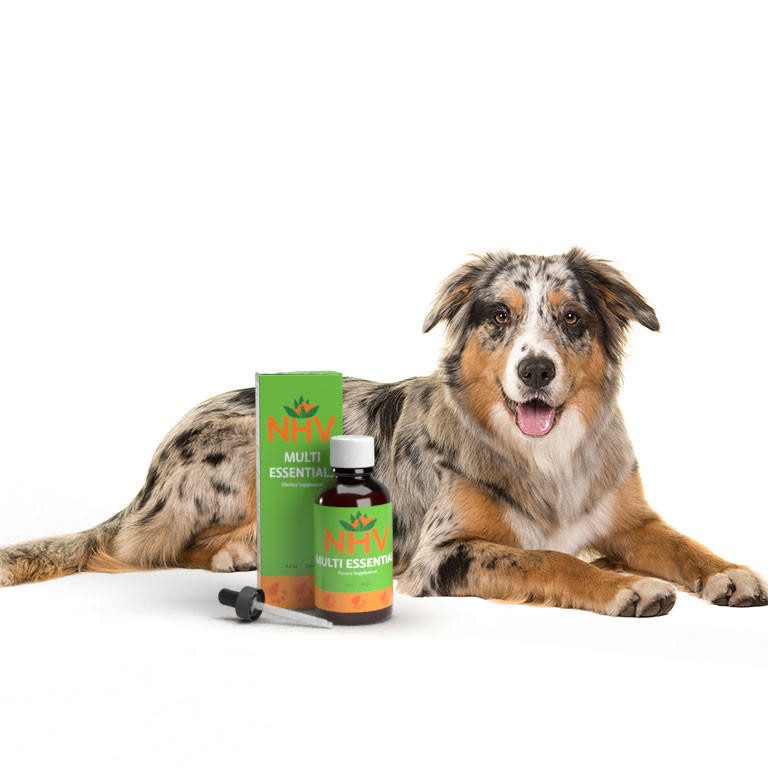
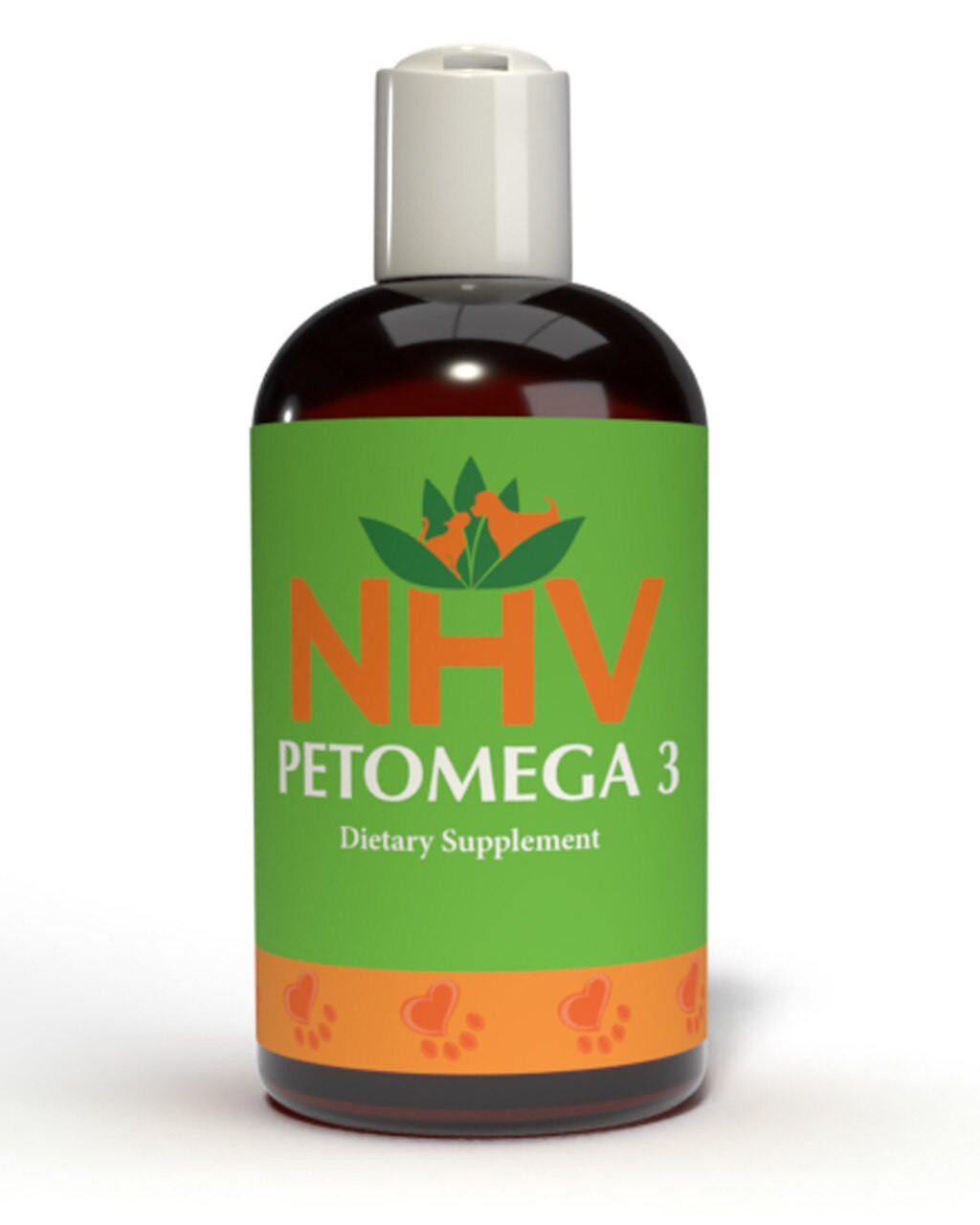
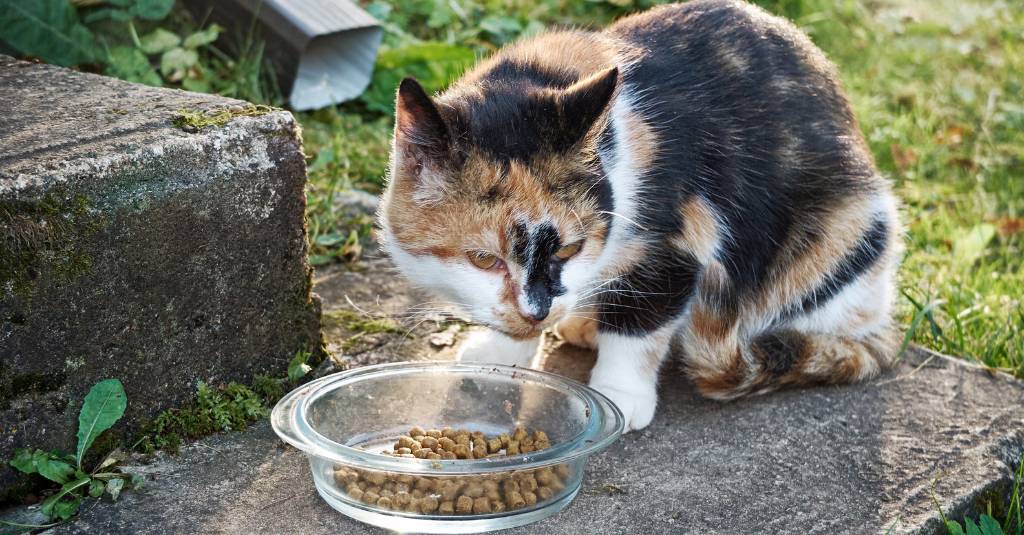
The question of when to change a pet’s food is often met with many different opinions among pet owners and veterinarians. Many of us ask ourselves if regularly switching up our fur baby’s diets is necessary and healthy for them. In this blog, let’s explore the potential benefits and risks of changing our pet diet.
Benefits vs. Risks
Changing a pet’s food may bring several advantages, especially when it comes to nutrition. A diverse diet can bring different nutrients, ensuring that your pet is receiving a balanced array of mineral and vitamins. This is extremely important for dogs and cats that can sometimes be prone to certain deficiencies when they are fed the same food for long periods.
Changing a pet’s food may bring several advantages, especially when it comes to nutrition
However, there are also some risks associated with frequently changing your pet’s food. One of the most important concerns is an upset tummy. Our fur babies have sensitive digestive systems, and sudden changes in their food can lead to gastrointestinal issues such as diarrhea and/or vomiting. Thus, it is very important to transition their food slowly to minimize these issues.
When to Change a Pet’s Food
There are specific situations where we must change our furry friend diet. Here are some examples:
- Age: As they grow, their nutritional needs also change. Puppies and kittens require a different diet compared to adult or senior dogs and cats. Therefore, transitioning to a food that is appropriate for their age is essential
- Allergies: If you notice that your fur baby may have food allergies, itching, skin irritations, or gastrointestinal issues, it might be time to change your fur baby to a hypoallergenic diet
- Health Conditions: Some pets with specific health conditions such as diabetes, kidney disease, or obesity, etc., often require specialized diets
- Time of the year: Sometimes, we need to change our fur babies diet depending of seasons. For instance, some pets may require more hydration during summer
Supplemental Support
If you are thinking of transitioning your fur baby to a new food, incorporating supplements may be very beneficial. For examples, NHV Multi Essentials can provide a blend of vitamins and minerals, ensuring your pet receives essential nutrients that may be lacking in their diet. This supplement can support your furry friend’s overall health, therefore making it a great addition during a diet transition.
Also, NHV Pet Omega 3 can be an excellent choice as it can promote healthy skin, coat, and joint health. Omega-3 fatty acids help reduce inflammation and support cardiovascular health, making it especially useful for pets with dietary sensitivities or those needing extra joint support.
For pets that are facing immune issues, NHV Natures Immuno is a blend of 5 mushrooms may support immune function and overall vitality. This supplement can support your little immune system defense, particularly during dietary changes when they need a little bit of extra support

Holistic Nutrition
At NHV, we believe in a holistic approach to pet health. NHV supplements can enrich your fur baby’s nutrition and support their gastrointestinal health. For one-on-one help, we offer a personalized nutritional plan that can be built based on your pet’s needs.
While there can be benefits to changing your little one’s diet, it’s essential to weigh the benefits against the potential risks. Our advice is to always consult a veterinarian – preferably a vet with specialty in nutrition – to make informed decisions that best support their health.

Multi Essentials for Pets – Nutritional Support
Multi Essentials - blend of herbs that have good nutrional value for over all health of pets

Multi Essentials - blend of herbs that have good nutrional value for over all health of pets
- item number
- ph1200fbd
- weight
- 0.7
-
Description
- item number
- ph1200fbd
- weight
- 0.7
-
Ingredients
-
Dosage
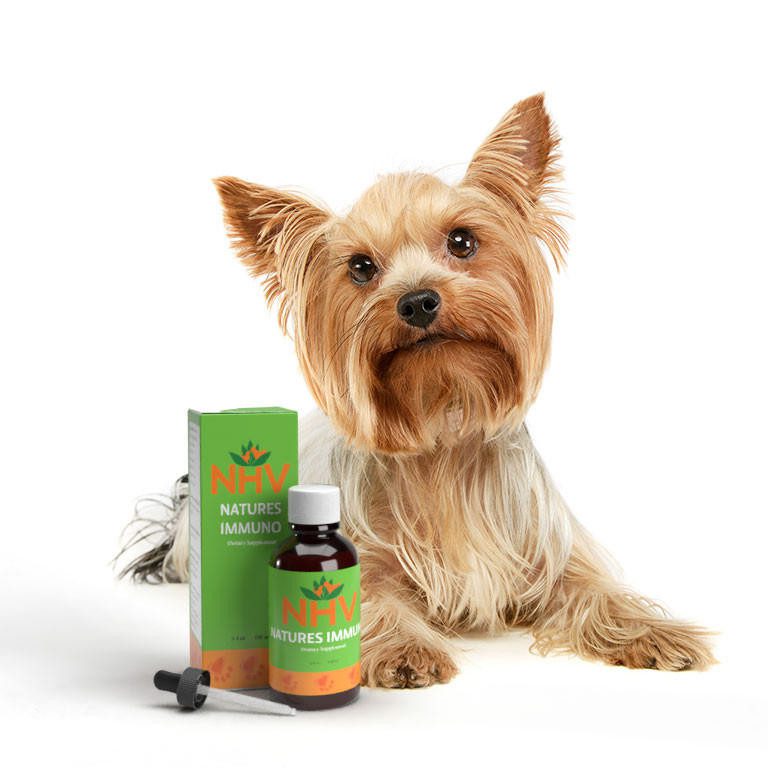
Natures Immuno – Support for Pets Immune System
Natures Immuno- blend of mushrooms that help support immune function
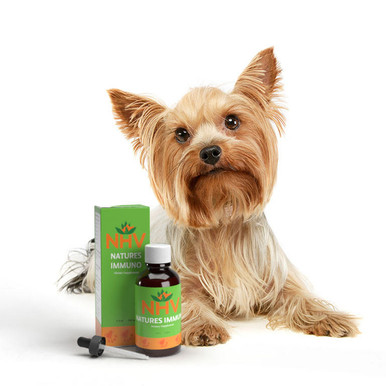
Natures Immuno- blend of mushrooms that help support immune function
- item number
- ph8600fbd
- weight
- 0.7
-
Description
- item number
- ph8600fbd
- weight
- 0.7
-
Ingredients
-
Dosage
overall vitality

Petomega 3 for dogs
Petomega 3 for dogs
For Overall Health and Well-Being
buy 2 and save $3
What is it?
Support your dog’s health with omega-3 fish oil for dogs, promoting a healthy coat, eyes, joints, immune system, and overall organ function.
How does it work?
- Supports skin and coat condition
- Supports the immune system
- Joint support and comfort
- Eye health support
- Renal and kidney support
Why trust it?
NHV Petomega 3 has earned 5-star ratings by pet parents from around the world.


What is it?
Support your dog’s health with omega-3 fish oil for dogs, promoting a healthy coat, eyes, joints, immune system, and overall organ function.
How does it work?
- Supports skin and coat condition
- Supports the immune system
- Joint support and comfort
- Eye health support
- Renal and kidney support
Why trust it?
NHV Petomega 3 has earned 5-star ratings by pet parents from around the world.

Our omega 3 fish oil for dogs is a great source of EPA (Eicosapentaenoic Acid 600mg) and DHA (Docosahexaenoic acid 460mg) essential fatty acids. This fish oil supplement for dogs is derived from sardines, anchovies and North Atlantic cod liver oil. It is molecularly distilled and cold pressed to improve the bioavailability of the omega 3 fatty acids, and is medical and human grade quality.
Omega 3 fish oil for dogs may be beneficial for the following:
- Support skin and coat condition
- Support the immune system
- Joint support and comfort
- Eye health support
- Renal and kidney support
- Promotes healthy heart function
- Recommended by vets for cancer support
- Supports healthy cell growth
Processed pet foods have increased omega-6 fatty acids, and decreased omega-3 fatty acids. The University of Maryland Medical Center states, "It is very important to maintain a balance between omega-3 and omega-6 fatty acids in the diet. A proper balance helps maintain and even improve health." Your dog’s body cannot easily make essential fatty acids. It is vital to provide omega 3 fish oil for dogs as an added supplement to your pet’s daily diet.
The American Journal of Veterinary Medicine has published studies on the benefits of omega 3 fatty acids (fish oils) for arthritis and degenerative joint disease in dogs. The studies showed that dogs who were given omega 3 fatty acids had a significantly improved ability to get up from a resting position and marked improvement in walking ability.
- item number
- PH8500d
- weight
- 1.4
- volume
- 8 fl. oz. (237ml)
- form
- liquid
- life stages
- adult, senior, puppy
- made in
- USA
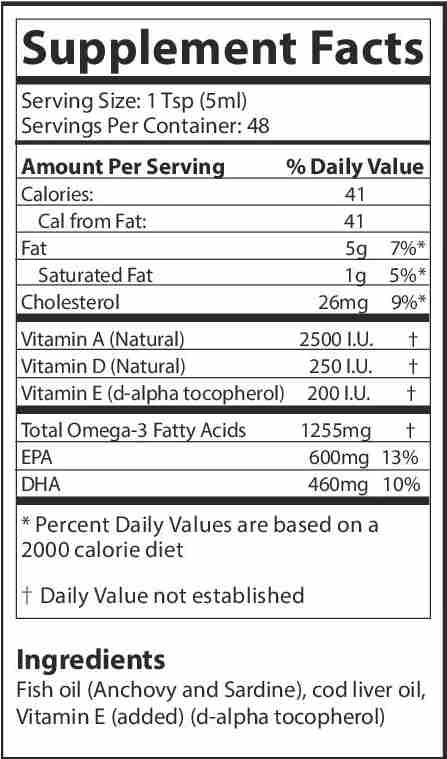
Suggested Dosage: To be taken once per day. Add to food based on weight chart.
Therapeutic Dosage: Double the quantity for maximum period of 4 weeks or follow veterinarian advise.
Pet’s Weight Dosage
0-15 lb = ¼ tsp
15-30 lb = ½ tsp
30-60 lb = 1 tsp
60-90 lb = 1 ½ tsp
How to Administer: Shake well before use. The easiest method is to add the dosage to your pets food. Some pets can be finicky, if this occurs consider hiding the appropriate amount in food most pet’s love such as fish, chicken, yogurt, or a favorite treat. If your pet only eats dry food then soak kibbles at feeding time.
For Best Results
Dietary supplements are beneficial to the health and well-being of your pet and are safe for long-term use. Every pet responds to natural supplements differently, therefore it is important to be consistent and administer the product daily. Supplements generally take two to four weeks to take effect, however this will vary from one animal to the next.
Product Storage
All NHV Natural Pet Products contain no artificial additives, preservatives or coloring. Shelf life after opening is 6 months and must be refrigerated after opening.
Cautions and Contraindications
Avoid During Pregnancy.
-
Description
Our omega 3 fish oil for dogs is a great source of EPA (Eicosapentaenoic Acid 600mg) and DHA (Docosahexaenoic acid 460mg) essential fatty acids. This fish oil supplement for dogs is derived from sardines, anchovies and North Atlantic cod liver oil. It is molecularly distilled and cold pressed to improve the bioavailability of the omega 3 fatty acids, and is medical and human grade quality.
Omega 3 fish oil for dogs may be beneficial for the following:
- Support skin and coat condition
- Support the immune system
- Joint support and comfort
- Eye health support
- Renal and kidney support
- Promotes healthy heart function
- Recommended by vets for cancer support
- Supports healthy cell growth
Processed pet foods have increased omega-6 fatty acids, and decreased omega-3 fatty acids. The University of Maryland Medical Center states, "It is very important to maintain a balance between omega-3 and omega-6 fatty acids in the diet. A proper balance helps maintain and even improve health." Your dog’s body cannot easily make essential fatty acids. It is vital to provide omega 3 fish oil for dogs as an added supplement to your pet’s daily diet.
The American Journal of Veterinary Medicine has published studies on the benefits of omega 3 fatty acids (fish oils) for arthritis and degenerative joint disease in dogs. The studies showed that dogs who were given omega 3 fatty acids had a significantly improved ability to get up from a resting position and marked improvement in walking ability.
- item number
- PH8500d
- weight
- 1.4
- volume
- 8 fl. oz. (237ml)
- form
- liquid
- life stages
- adult, senior, puppy
- made in
- USA
-
Ingredients

-
Dosage
Suggested Dosage: To be taken once per day. Add to food based on weight chart.
Therapeutic Dosage: Double the quantity for maximum period of 4 weeks or follow veterinarian advise.
Pet’s Weight Dosage
0-15 lb = ¼ tsp
15-30 lb = ½ tsp
30-60 lb = 1 tsp
60-90 lb = 1 ½ tsp
How to Administer: Shake well before use. The easiest method is to add the dosage to your pets food. Some pets can be finicky, if this occurs consider hiding the appropriate amount in food most pet’s love such as fish, chicken, yogurt, or a favorite treat. If your pet only eats dry food then soak kibbles at feeding time.
For Best Results
Dietary supplements are beneficial to the health and well-being of your pet and are safe for long-term use. Every pet responds to natural supplements differently, therefore it is important to be consistent and administer the product daily. Supplements generally take two to four weeks to take effect, however this will vary from one animal to the next.
Product Storage
All NHV Natural Pet Products contain no artificial additives, preservatives or coloring. Shelf life after opening is 6 months and must be refrigerated after opening.
Cautions and Contraindications
Avoid During Pregnancy.
Published: October 2, 2024

 USD
USD
 Canadian Dollars
Canadian Dollars



